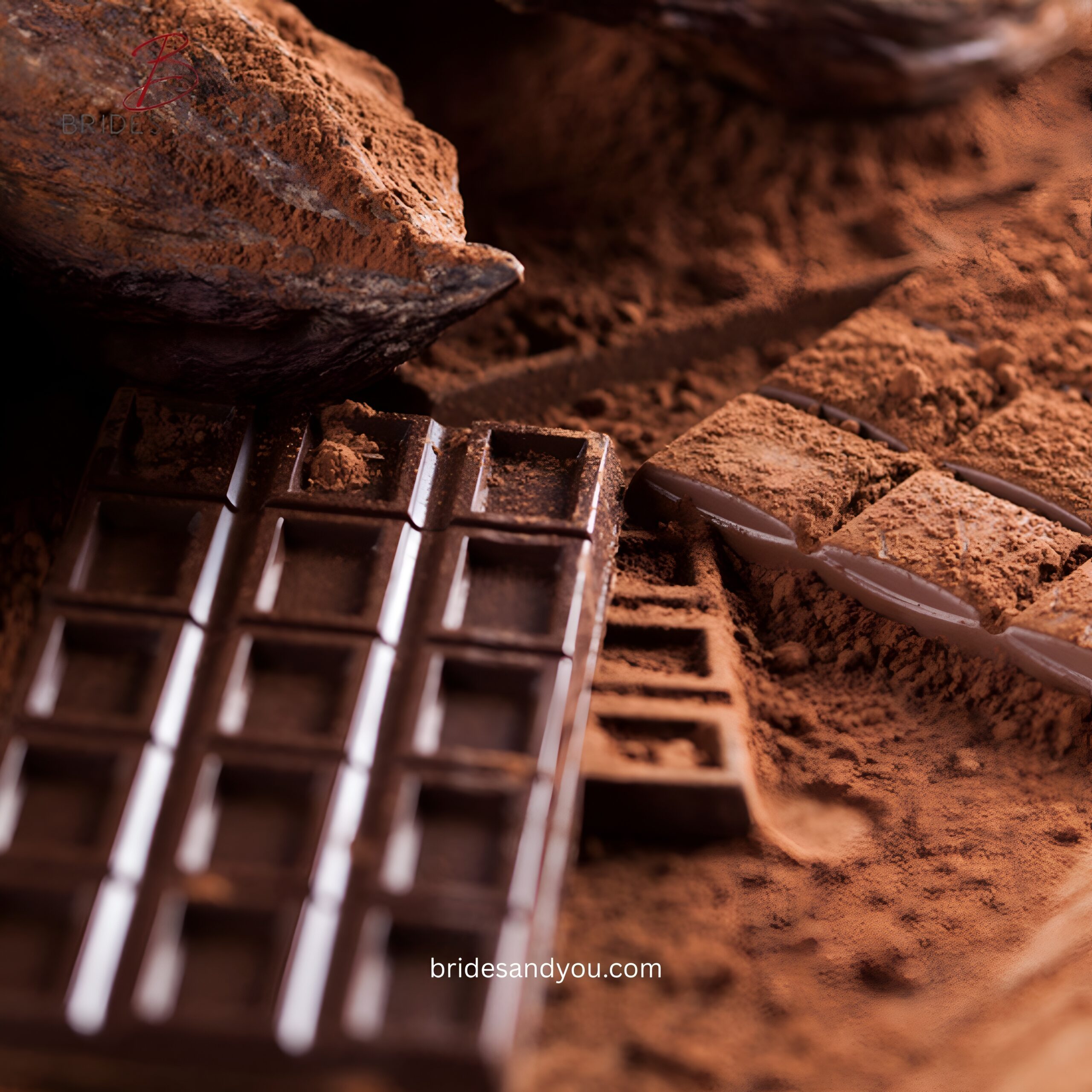Now Reading: Viral Dubai Chocolate Linked With Bacterial Infection – What You Need to Know
-
01
Viral Dubai Chocolate Linked With Bacterial Infection – What You Need to Know
Viral Dubai Chocolate Linked With Bacterial Infection – What You Need to Know

A popular Dubai chocolate brand has recently been recalled after health authorities confirmed possible Salmonella contamination. This incident has caused widespread concern among chocolate lovers and health experts. The recall mainly involves the Pistachio & Knafeh Milk Chocolate, which had gained popularity for its unique mix of creamy milk chocolate, pistachios, and knafeh – a traditional Middle Eastern dessert.
Officials have warned consumers to stop eating the product immediately and check their homes for any recalled batches. If found, they should return it to the store or dispose of it safely to avoid health risks.

Why Was the Dubai Chocolate Recalled?
The recall was announced after food safety inspectors connected the chocolate with an ongoing foodborne illness outbreak. Laboratory tests detected Salmonella bacteria, which can cause severe health issues if consumed.
Even though contaminated food may look, smell, or taste normal, it can still carry harmful bacteria. This makes detection difficult for the average consumer, which is why health authorities acted quickly to recall the product.
What is Salmonella?
Salmonella is a type of bacteria that causes food poisoning. It is one of the most common foodborne illnesses worldwide and is especially dangerous because it can spread through many types of food, including chocolate.
Symptoms of Salmonella Infection:
- Fever
- Stomach cramps
- Diarrhea
- Nausea and vomiting
- Headaches
- Fatigue
Most people recover within a week, but in severe cases, the infection can spread to the bloodstream and cause life-threatening complications.
Who is at Higher Risk from Contaminated Chocolate?
While anyone can fall sick from eating Salmonella-infected products, certain groups face greater health risks. These include:
- Young children
- Pregnant women
- Elderly adults
- People with weak immune systems
For these groups, Salmonella can lead to serious conditions such as severe dehydration or long-term complications like reactive arthritis.
How to Stay Safe After the Dubai Chocolate Recall
If you bought or consumed the Pistachio & Knafeh Milk Chocolate, here are some important safety steps:
- Stop consuming it immediately – Do not risk your health.
- Check your pantry and refrigerator – Look for any recalled products.
- Dispose of the chocolate safely – Place it in a sealed bag before throwing it away.
- Return it to the store – Some retailers are accepting returns for a refund.
- Seek medical advice if unwell – Contact a doctor if you feel sick after eating the chocolate.
Why Chocolate Can Carry Bacteria
Many people wonder how a sweet treat like chocolate can carry harmful bacteria. The answer lies in the manufacturing process. Ingredients like nuts, milk powder, or flavoring agents can sometimes become contaminated if proper hygiene and safety standards are not maintained.
Even a small mistake in food production can lead to large-scale recalls, as seen in this case. That is why international food safety checks are so important.
The Popularity of Pistachio & Knafeh Milk Chocolate
Before the recall, this chocolate was becoming a favorite among Dubai shoppers. Its combination of pistachios and knafeh gave it a unique Middle Eastern flavor, attracting both locals and tourists. It was often sold in grocery stores and international food aisles, making it widely available.
Unfortunately, the recall has affected its reputation and raised serious concerns about the safety standards followed by the brand.
Lessons for Consumers from the Dubai Chocolate Recall
This incident is a strong reminder that food safety should never be taken lightly. Consumers can protect themselves by:
- Checking official recall lists regularly.
- Reading product labels carefully.
- Staying updated on health warnings from food authorities.
- Practicing safe food storage at home.
By being aware and alert, people can avoid unnecessary health risks.
Global Concern Over Food Safety
Foodborne illnesses are not limited to one country. In recent years, many well-known brands worldwide have faced recalls due to Salmonella, E. coli, and Listeria contamination.
This Dubai chocolate case highlights the need for stricter global safety standards, especially for imported products that reach international markets.
Final Thoughts on the Dubai Chocolate Recall
The recall of the Viral Dubai Chocolate linked with bacterial infection shows how even luxury or premium products can pose serious health risks if not carefully monitored. While chocolate remains one of the world’s favorite treats, this incident proves the importance of responsible food production and consumer awareness.
Consumers should stay updated with news from food safety authorities, check their purchases carefully, and seek medical advice if they experience symptoms of infection.
Your health always comes first no chocolate is worth risking it.










